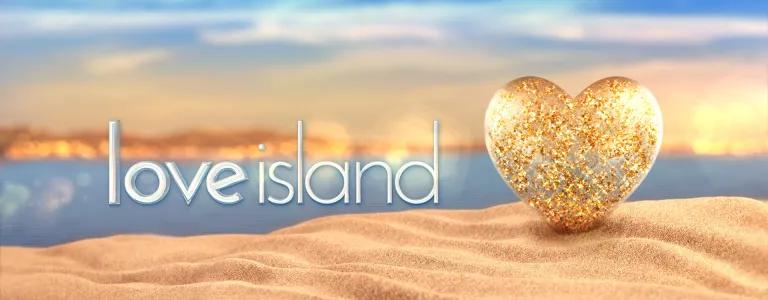
Is There Really Much To Love About Love Island?
It’s the show that has the nation gripped. But just how real is the reality TV we’re hooked on? Is pain endured for our viewing pleasure? Or does entertainment lead to education? NCS Grad, Tapiwa, explores the good, the bad – and the muggy.
For the entirety of summer 2019, I scheduled every single day around a one-hour period: 9-10pm. Plans were cancelled. Feelings hurt. But all to serve the greater, glamourous purpose of Love Island viewership. There was no force on earth that could possibly stop me – even a 9am GCSE exam – from what brought me such laughter, and surprisingly, taught me so much.
Love Island was my type on paper: 12 people, an island, national pressure and expectations of love. But in 2019, it far surpassed my expectations of previous years.
The cast became more ‘diverse’ and increased the show’s popularity. I, aware of the controversy and debate circulating the show, decided to view it critically but open-mindedly.
I found myself drawn to people such as Amber who spoke their mind freely, despite the consequences causing anger and arguments. Admittedly her comments led producers down a yellow brick road of content, but she also seemed to come from a place of authenticity. It didn't feel as though people had to lay it on “factor-50-thick” to be likeable, but be themselves, like headwear fashionista Ovie.
Islanders such as these put the ‘real’ in reality TV, and a glance at Twitter during the break indicated that the situations and feelings of the islanders weren't exclusively their own – but shared by viewers across the nation.

The issue of gaslighting, without feminist packaging, made last year’s Love Island feel more real and relevant (I'm pretty sure it came in its own “chaldish” personalised water bottle, lol). Gaslighting is a patriarchal practice of manipulating someone into doubting their own sanity.
We witnessed Amber be deemed attractive for her feisty nature but later condemned for it. She was deemed ‘chaldish’ because she was angry at how she was being treated – an anger which was a justification for her treatment. But this is a bigger issue than circular logic – but rather of misogyny and male entitlement. So perhaps Love Island serves as reflection of societal issues and is a tool for education rather than entertainment alone.
While this seems to be the popular argument, a lot of Islanders leave with more than tan lines. Many experience feelings of displacement and depression, this not only because of the transition but because of the trauma caused on the show and after.
It is a well known fact that incidents on the show are, in part, staged and sometimes take several reshoots. Issues in relationships are worsened when they are rehearsed and televised.
Could you imagine a producer directing you to be more angry when you’re arguing with your boo? To be more tearful? To ‘take it from the top’? The effects must be psychologically decimating. But that is of course assuming these relationships are in fact real or have any emotional investment from the people involved.

Perhaps we are hopelessly misled by the show’s title. I mean, after winning the series Greg broke up with Amber – by a text(MESSAGE). Instances such as these remind us that Islanders are contestants too (with uni debt), but Love Island has bred couples who have survived bad press and stood the test of time. So surely longevity is a measure of romantic success?
Another criticism of Love Island is the presentation of love. The show is structured to favour strategic players and, by its very nature, encourages Islanders to “crack on” in fear of being voted off the island. Islanders take a formulaic approach to find a partner, which could explain the rise of Love Island phrases such as “pulled for a chat”, “eggs in one basket” and, “crack on”. Does this approach foster romance, or just appear to?
Meditating on this I would like to turn to the words of a world-renowned sexpert, Otis from Netflix’s Sex Education: “You can’t engineer a relationship". So does it, therefore, place unrealistic expectations of what love is on its viewers, particularly its target audience: teenagers?

To conclude I think that “it is what it is”. I say that not to be fatalistic or cynical but rather to encourage us to recognise Love Island for what it is; a reality TV show. Yes there are elements which will represent what we experience in our day-to-day lives, but we must also recognise that there is an entire production team whose job is to make the show entertaining; which is more often achieved by instigating and tactically provoking the Islanders.
So what we perceive to be reality is heightened and augmented for our viewership. We should embrace the show, respect the Islanders and support them in reintegrating into society, and allow its content to stimulate conversations on important issues in our friendship groups, such as gaslighting.
I think what made 2019 Love Island so good, was an increased sense of community on screen and online. If you dislike who you see on screen, it is your right to vote them off or, more simply, turn off your TV. More power to you. With that said, I will continue to watch the show but take the idea of finding love on Love Island with a pinch of salt.



